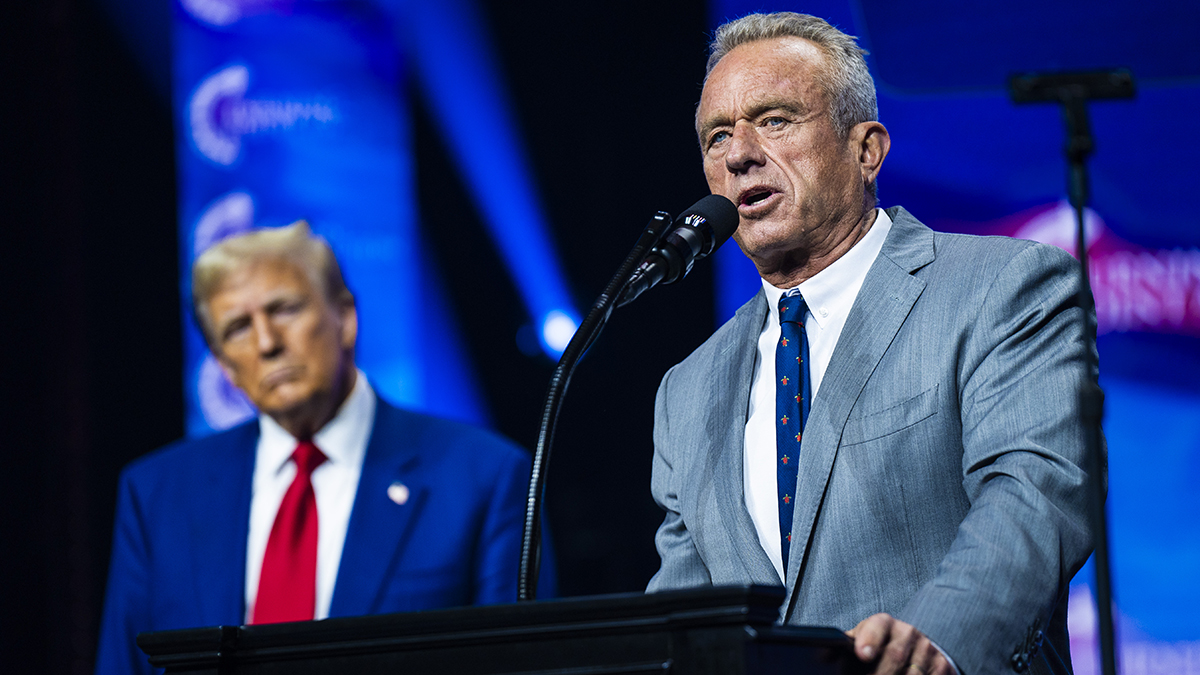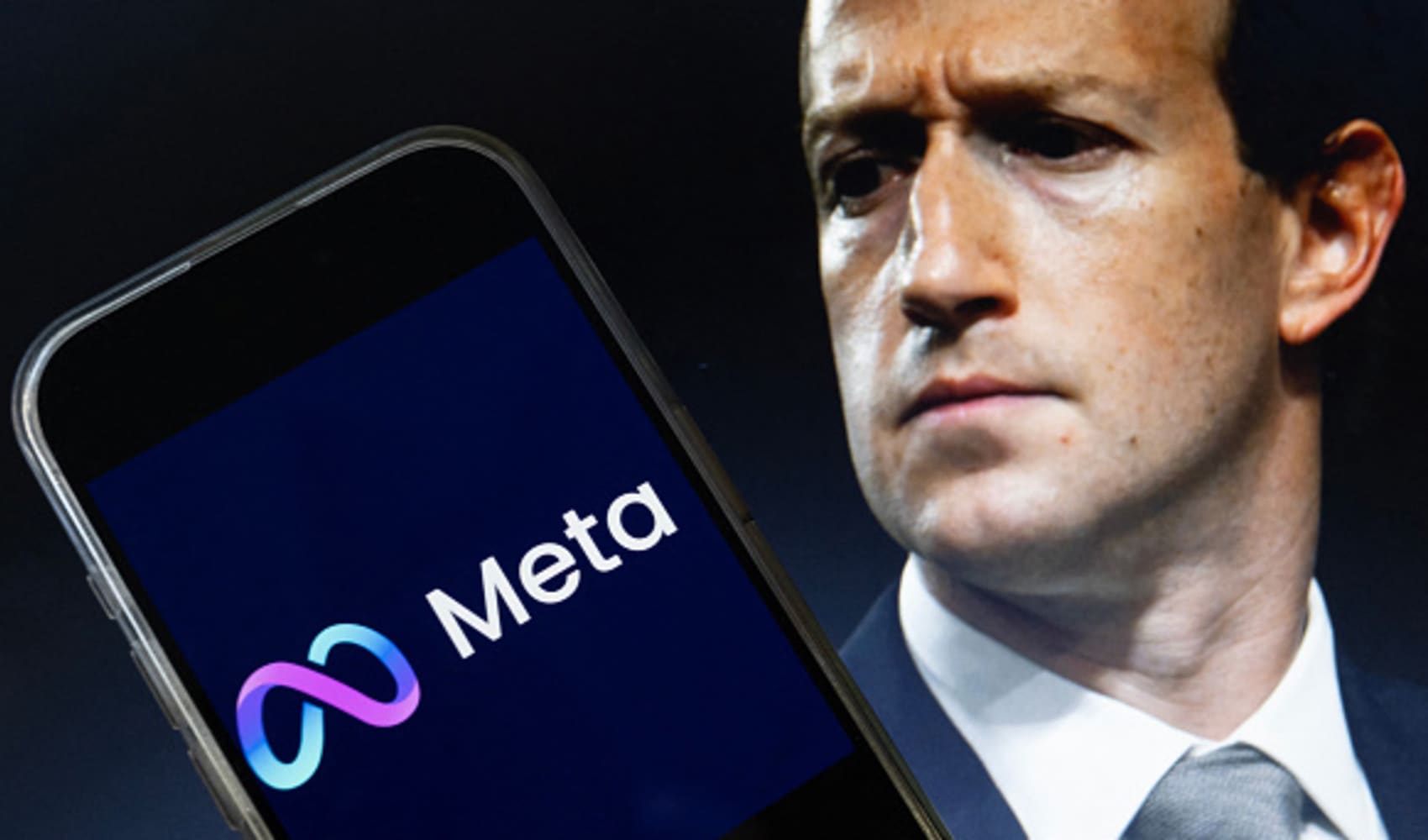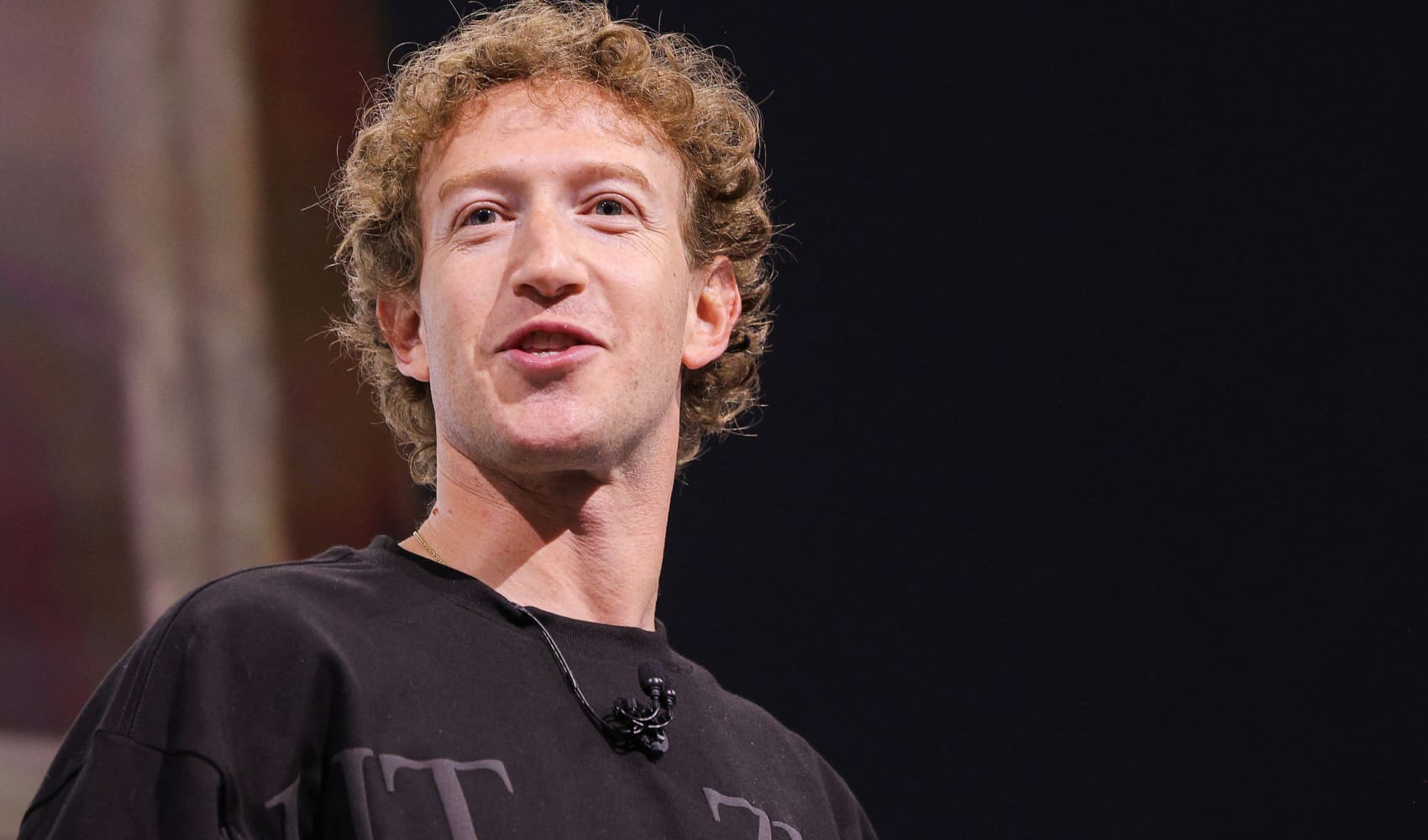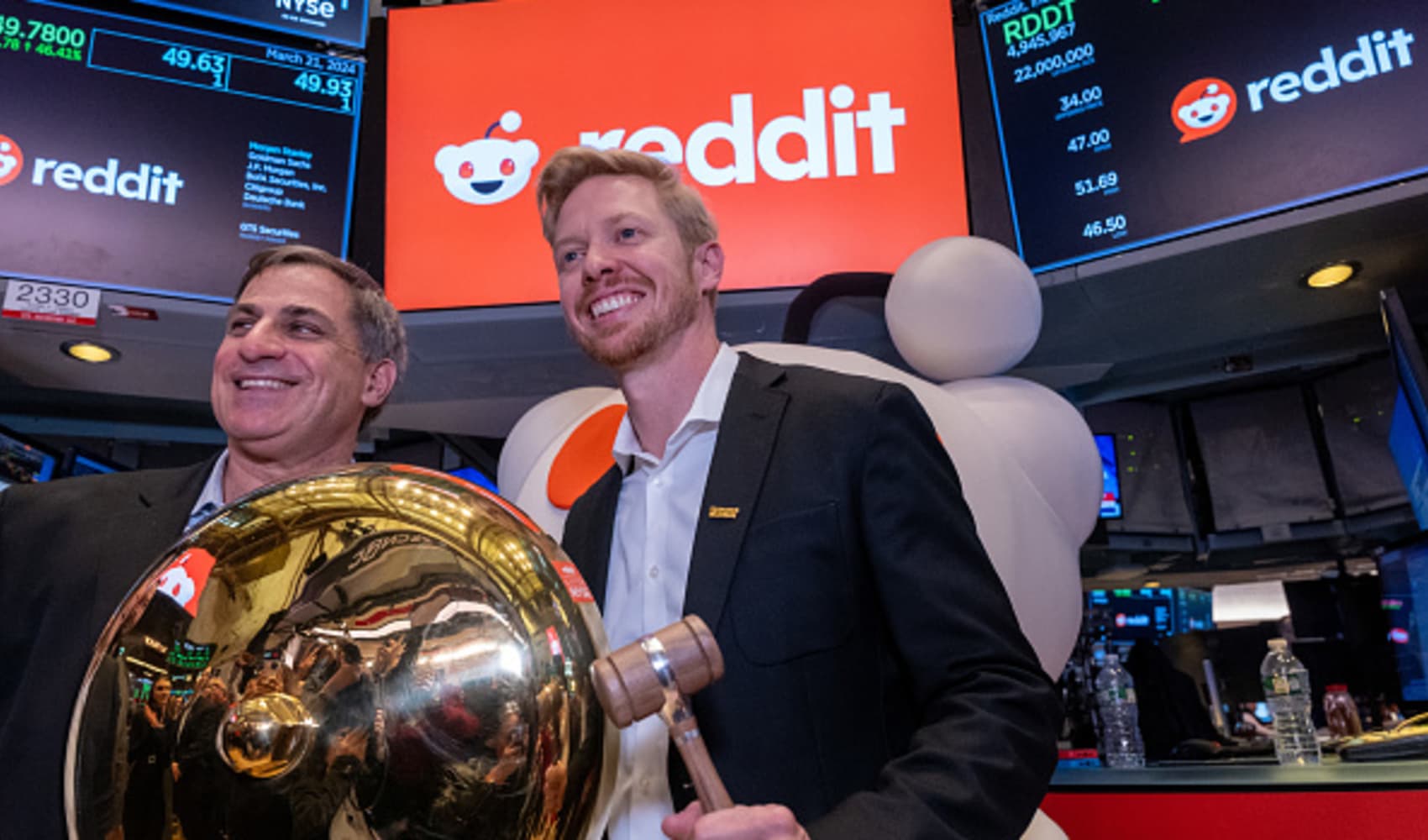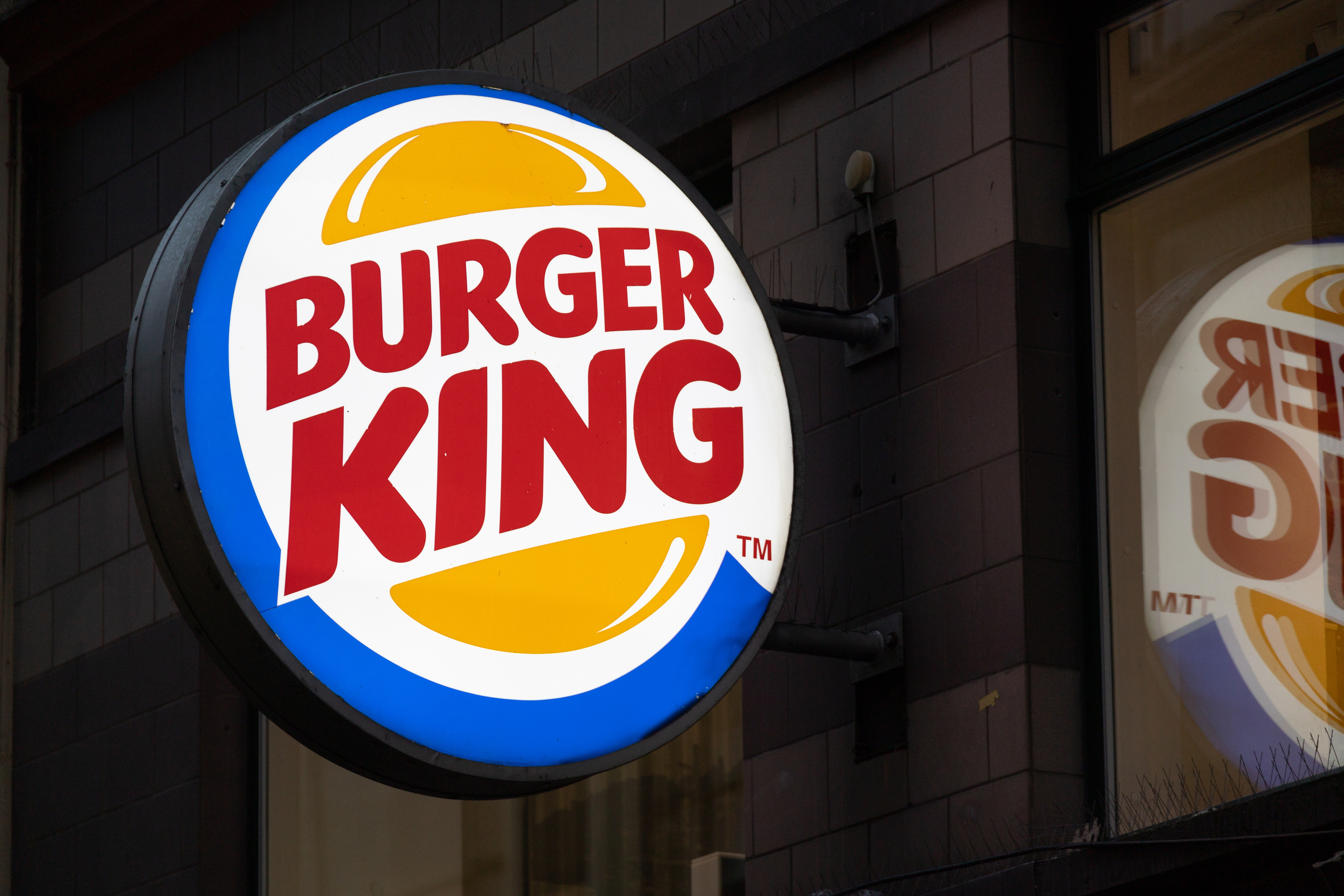Kennedy's $20M Health Campaign: Genuine or PR Stunt?
Kennedy's $20 Million "Take Back Your Health" Campaign: A Deep Dive
Introduction: Is Kennedy Really Taking Back Our Health?
Hold on to your hats, folks! It seems Health and Human Services (HHS) Secretary Robert F. Kennedy Jr. is gearing up for a major health initiative. A document obtained by NBC News reveals plans for a four-year public relations campaign, dubbed "Take Back Your Health." But before we jump for joy, let's dig a little deeper. Is this a genuine effort to improve public health, or something else entirely?
The "Take Back Your Health" Campaign: A Sneak Peek
The campaign, according to the document, is envisioned as a sweeping effort to encourage healthier lifestyles and empower individuals to take control of their well-being. Think of it as a massive public service announcement blitz designed to nudge us all toward better choices. But what exactly will this entail?
What’s in the Request for Proposals (RFP)?
The document in question is a Request for Proposals (RFP), which means the HHS is inviting public relations firms to pitch their ideas for running this campaign. The winning firm will be responsible for managing the entire operation, from crafting the message to buying ad space. The RFP gives us a few hints:
- Team Size: The chosen firm will need a team of up to 30 people dedicated to managing the campaign.
- Advertising Blitz: The campaign aims to purchase up to three ads a day on five major television networks. That's a lot of airtime!
The $20 Million Question: Where’s the Money Coming From?
Now, let's talk about the elephant in the room: the cost. The RFP doesn't explicitly state the total dollar amount for the campaign. However, a source familiar with the matter estimates that labor costs alone will reach at least $20 million. And that's just for the people running the show! Add in the cost of television advertising, and we're looking at a potentially massive investment.
Budget Cuts and Contradictions: A Confusing Picture
Here’s where things get a little murky. While Kennedy is planning this multi-million dollar PR campaign, he's also reportedly conducting sweeping budget cuts within the HHS. These cuts could eliminate 10,000 jobs and potentially dismantle several key divisions, including global health and domestic HIV prevention programs. Does this sound like someone prioritizing public health? It’s enough to make your head spin!
Eliminating Key HHS Divisions
The proposed budget cuts targeting global health and domestic HIV prevention raise serious concerns. These programs are vital for protecting vulnerable populations and preventing the spread of disease. Are these the programs that should be slashed while millions are spent on public relations? It begs the question: what is the true priority here?
The Potential Impact on Public Health: Will it Work?
Assuming the "Take Back Your Health" campaign goes forward, what kind of impact could it have? Will it actually lead to healthier lifestyles, or will it be a costly exercise in feel-good messaging?
Measuring Success: How Will We Know if It Works?
One of the biggest challenges with public health campaigns is measuring their effectiveness. How do you determine whether people are actually changing their behavior because of the ads they're seeing on TV? What metrics will be used to determine if the campaign is a success? Will it be based on surveys, health statistics, or something else entirely?
Public Relations vs. Real Action: A False Choice?
Some critics argue that spending millions on public relations is a poor substitute for real action, like investing in healthcare infrastructure, expanding access to affordable care, and supporting community-based health programs. Is Kennedy prioritizing PR over tangible improvements in public health? Is it smoke and mirrors, or is there some real substance to this campaign?
A Look at Robert F. Kennedy Jr.'s Track Record: What to Expect
To better understand what to expect from this campaign, it's important to consider Robert F. Kennedy Jr.'s track record. His past statements and actions could offer clues about his priorities and approach to public health.
RFK Jr's Controversial Views on Vaccines
It's no secret that RFK Jr. has expressed controversial views on vaccines. This has prompted many to question his ability to effectively lead a major public health campaign. Can someone with such a controversial history truly inspire confidence in public health initiatives?
The Political Implications: What's the Endgame?
Any major government initiative, especially one involving millions of dollars, has political implications. Could this campaign be a way for Kennedy to boost his public image or advance a particular agenda? Is this about health, politics, or both?
The Role of Political Messaging in Public Health
Public health campaigns are often intertwined with political messaging. The language used, the images chosen, and the target audience can all reflect underlying political goals. It’s important to remain vigilant about any political messaging wrapped up in public health initiatives.
Transparency and Accountability: Demanding Answers
Given the size and scope of this campaign, it's crucial to demand transparency and accountability. The public deserves to know how the money is being spent, who is benefiting, and what results are being achieved.
Who’s Winning and Losing Here?
Every major campaign has winners and losers, whether intended or not. Who stands to benefit from this $20 million investment? Is it the public, or PR firms? Is it possible that other public health efforts may suffer as a result? Who really benefits from “taking back your health?”
The Future of Public Health: A Critical Crossroads
This campaign comes at a critical time for public health. The COVID-19 pandemic has exposed deep inequalities in our healthcare system and highlighted the importance of investing in prevention and preparedness. Will this campaign help us move forward, or will it be a distraction from the real challenges we face?
What You Can Do: Be an Informed Citizen
Ultimately, the success of any public health initiative depends on informed and engaged citizens. Do your research, ask questions, and hold your leaders accountable. Your health is in your hands, but it's also in the hands of those who represent you.
Conclusion: Separating Fact From Fiction
Robert F. Kennedy Jr.'s "Take Back Your Health" campaign is a complex and controversial undertaking. While the stated goal of promoting healthier lifestyles is laudable, the timing, the cost, and the potential contradictions with other HHS initiatives raise serious questions. It's essential to separate fact from fiction and demand transparency and accountability at every step of the way. Only then can we determine whether this campaign is truly about taking back our health, or something else entirely.
Frequently Asked Questions (FAQs)
Q1: How much will the "Take Back Your Health" campaign cost in total?
The exact total dollar amount is not listed in the RFP. However, labor costs are estimated to be at least $20 million. The total cost, including advertising, could be significantly higher.
Q2: What specific health issues will the campaign focus on?
The RFP does not specify the exact health issues that will be targeted. However, it is likely that the campaign will focus on common issues such as diet, exercise, and preventative care.
Q3: How will the effectiveness of the campaign be measured?
The RFP does not detail the specific metrics that will be used to measure the campaign's effectiveness. However, it is likely that the HHS will track things such as changes in health behaviors, awareness levels, and public attitudes towards health issues.
Q4: How does this campaign align with Kennedy's other policies and initiatives at the HHS?
The campaign's alignment with Kennedy's other policies is unclear, especially given the reported budget cuts in other critical areas like global health and HIV prevention. This raises questions about the true priorities of the HHS.
Q5: How can the public provide feedback on the "Take Back Your Health" campaign?
The HHS typically has a mechanism for public feedback on its initiatives, though the exact channels for this campaign are not yet specified. Stay tuned for updates on how you can provide your input.
